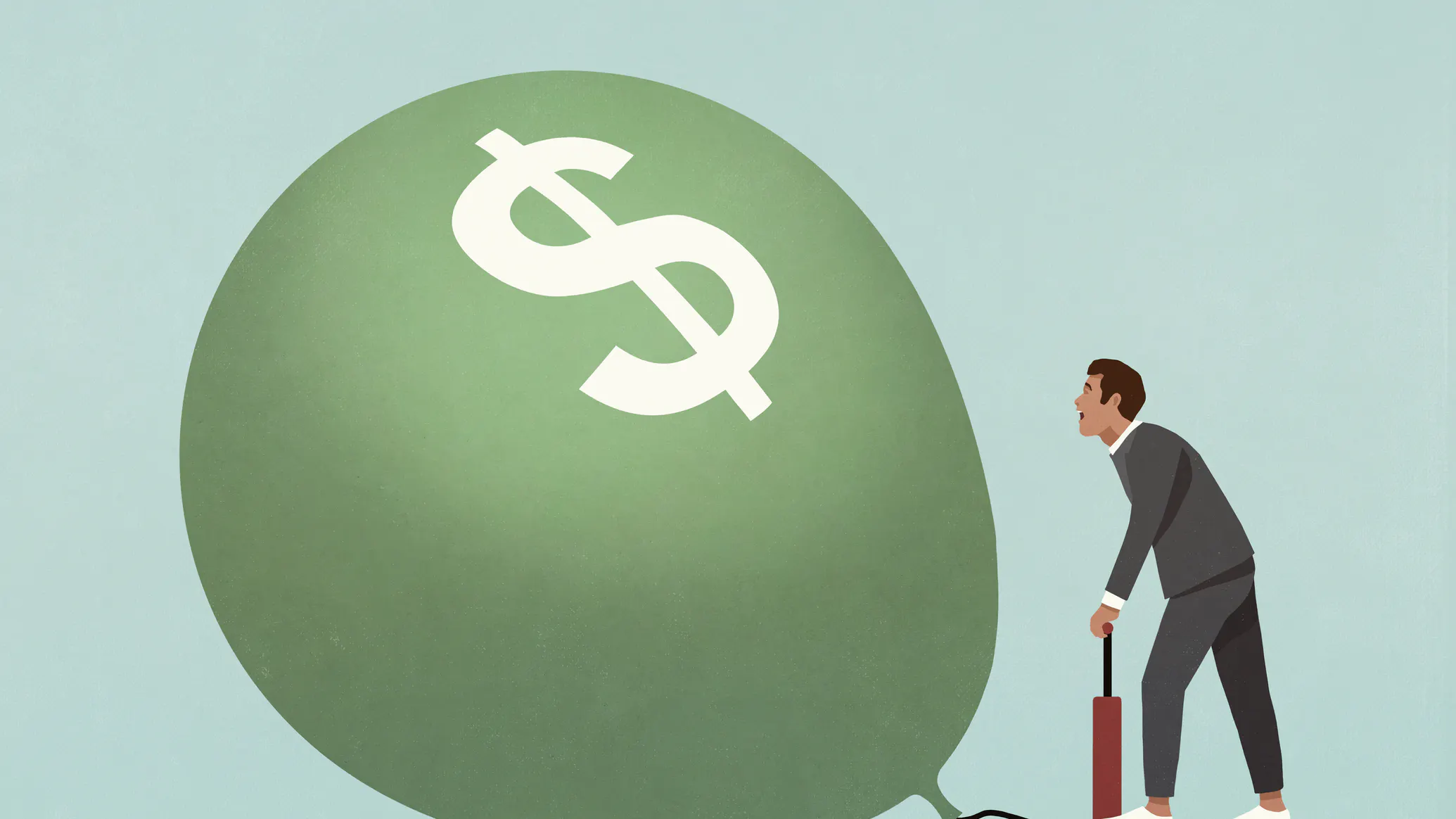American inflation is reaching record levels.
The Department of Labor revealed on Thursday that year-over-year inflation hit 5% in May — “the largest 12-month increase since a 5.4-percent increase for the period ending August 2008.”
In addition to hikes in food and energy costs, inflation in the categories of used vehicles, transportation, and commodities respectively rose by 29.7%, 11.2%, and 6.5% in the past twelve months. Indeed, as the United States emerges from COVID-19 and the lockdown-induced recession, price levels are climbing far faster than usual in both April and May.
While it is typical for price levels to rise after a pronounced recession, the Federal Reserve is not backing down from its commitment to an aggressive quantitative easing policy through 2023. In other words, the central bank of the United States has promised to stimulate the economy by increasing the money supply — primarily through purchasing $120 billion in government bonds every month — for the foreseeable future.
Likewise, the Biden administration — including Treasury Secretary Janet Yellen, who served as Chair of the Federal Reserve from 2014 to 2018 — is proposing trillions of dollars in new spending through legislation such as the American Jobs Plan and the American Families Plan.
“If we ended up with a slightly higher interest rate environment,” explained Yellen in defense of President Biden’s new social programs, it would “actually be a plus for society’s point of view and the Fed’s point of view.” Upon her confirmation, Yellen told Treasury Department employees that they should be willing to use fiscal policy to “address inequality, racism, and climate change.”
For the first time in four decades, Americans will have to conceptualize and grapple with the reality of high inflation — especially its effects on their pocketbooks.
Simply put, inflation is the erosion of a currency’s purchasing power over time. If, for example, inflation remains at 2%, then the value of every dollar — both in new earnings and previous savings — drops in value by 2% over the course of a year. As long as breadwinners see increases in earnings that match inflation — namely, a 2% wage increase — inflation has no meaningful effect on their lives.
However, with the United States observing inflation to the tune of 5%, it is less likely that workers will see wage increases that will allow them to continue the same lifestyle.
Since every dollar will be 5% less valuable by May 2022 if the current rate holds, those who hold the dollar will effectively become poorer due to inflation. For instance, an item that cost $100 in May 2021 would cost $105 in May 2022; unless the consumer saw wage increases from $40,000 to $42,000, he will have to spend a higher proportion of next year’s earnings to enjoy the same item.
This reality is called the inflation tax — and it allows policymakers to fund spending without directly raising taxes.
The effect is more pronounced upon poorer families, who have more of their wealth saved in the form of dollars — whether in cash, checking accounts, or savings accounts — than wealthier families, who are more likely to hold retirement accounts, property, or other assets which accrue interest or increase in value over time. Indeed, low income earners typically spend a greater percentage of their wages on food, fuel, and other basic necessities — the very same items that are rising in cost thanks to Secretary Yellen and the Biden administration.
The views expressed in this piece are the author’s own and do not necessarily represent those of The Daily Wire.

Continue reading this exclusive article and join the conversation, plus watch free videos on DW+
Already a member?

.png)
.png)
.png)

